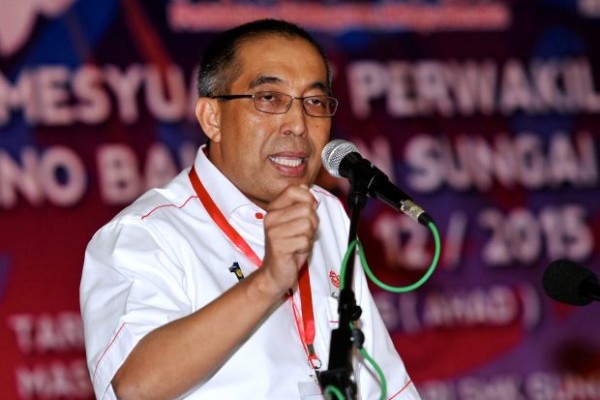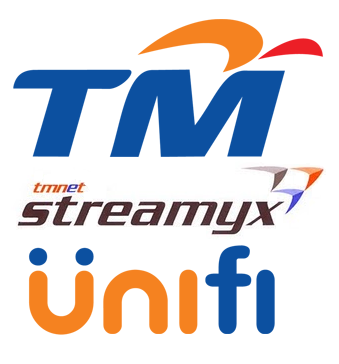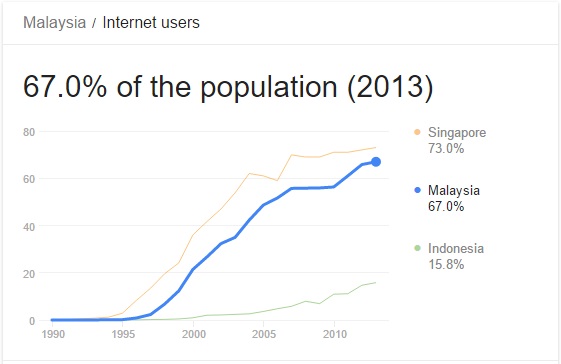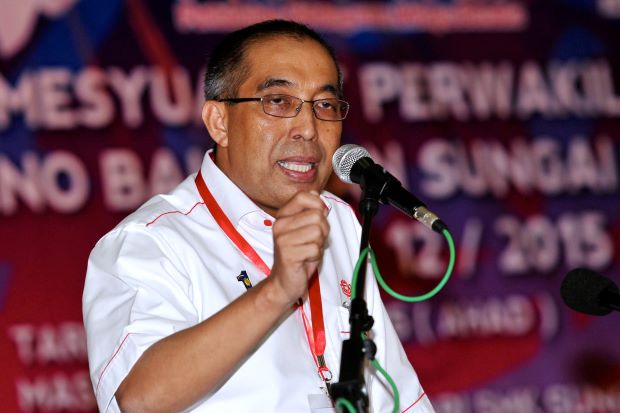
Communications and Multimedia Minister Datuk Seri Dr Salleh Said Keruak has said that Malaysians actively choose to use slower internet speeds because it costs less. The blog post was made in reponse to comments made by DAP’s Lim Kit Siang on the state of internet connections in Malaysia.
“Lim Kit Siang is grumbling about the slow Internet speed in Malaysia. Actually there are a wide range of Internet speeds that Malaysians can choose from but about 71% of Malaysian Internet users prefer the slower Streamyx broadband package that offers speeds of between 384 Kbps to 1 Mbps,” said Salleh.
Lim had spoken the Malaysiakini about Akamai’s State of the Internet report; which showed a 17-percent increase in overall connection speeds in the country. This ranked Malaysia at 70th place globally, a position that Lim thinks is unacceptable and singled out the Communications and Multimedia Minister as being responsible for the lack of progress.

Interestingly, Salleh’s retort made no mention of the Akamai report or the average internet speed. Instead, the minister chose to point out that Malaysians have a choice of internet speeds; and many chose the cheaper option. In the Minister’s opinion, raising the minimum connection speed to qualify as broadband would cause it to be too expensive for most Malaysians. Salleh also claimed that 71-percent of Malaysians prefer the slower 1Mbps and 384Kbps Streamyx connections because it is the cheaper option.
“We can increase the minimum Internet speed to, say, 5 Mbps and force Malaysians to buy this higher-speed package. But that would mean the cost would be higher as well and Internet usage will be available to only those who can afford to pay the higher cost,” said Salleh.
The Minister pointed out that Singapore and Thailand have a minimum requirement of 5Mbps to qualify as broadband; while Malaysia recognises 384 Kbps as a broadband connection. This discrepancy in definition is rampant across the world, as each government has its own broadband standards. Until early this year, the American Federal Communications Commission recognised connections of 4Mbps as broadband; in January it raised the minimum to 25Mbps.

Salleh also attempted to further explain that the government is not just focused on speed, but also coverage and affordability. He said that the government is still aiming to to ensure that 95-percent of Malaysians have access to the internet by 2020. At the moment, internet penetration in Malaysia sits at only 60-percent (according to 2013 statistics from the World Bank).
Admittedly, Salleh is not wrong that Malaysians prefer the cheaper alternative. However, as other countries have demonstrated, increasing the minimum broadband requirement does not equate to increased costs for consumers. The most recent example of increased minimums – in America – has not lead to increased costs; and that is something for own own government to look into.
[Sources: The Star, sskeruak.blogspot.my, Facebook]


